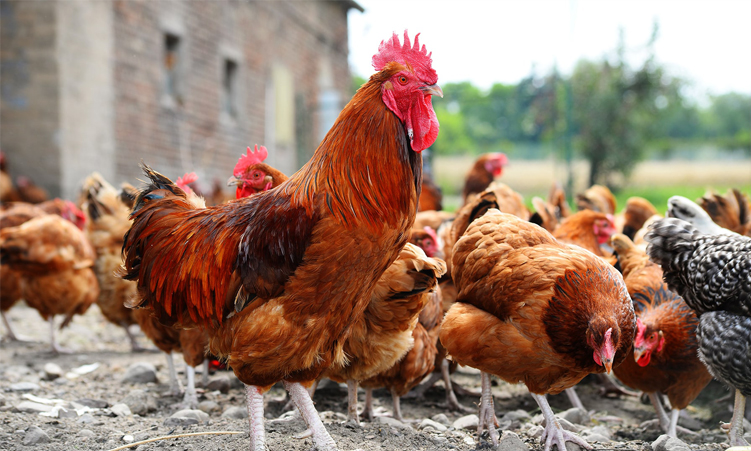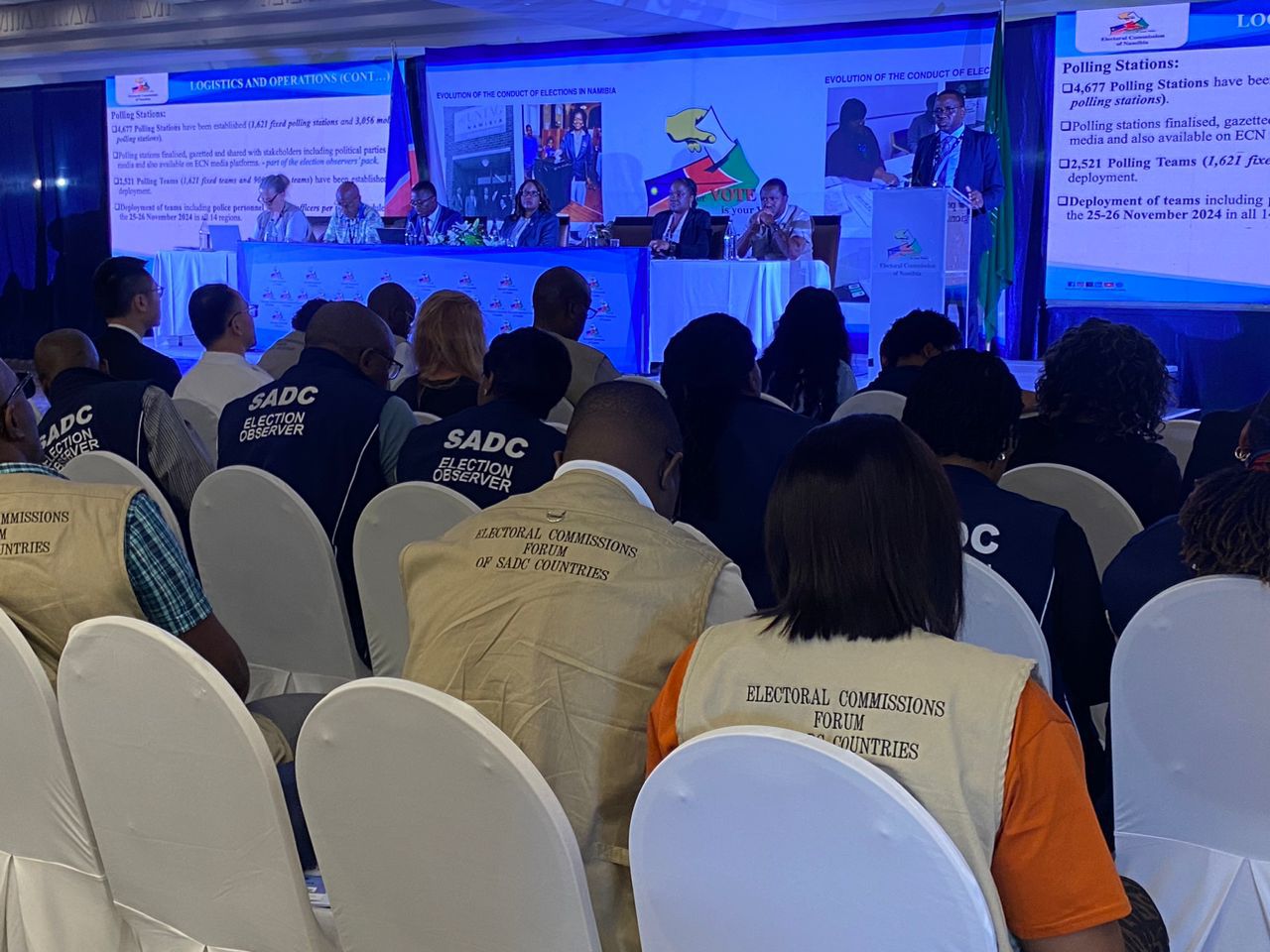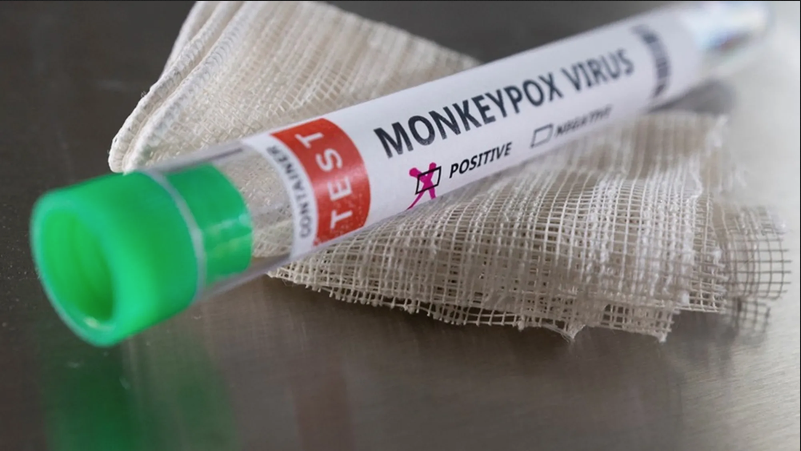Household north of the veterinary cordon fence will not be affected by the latest move by the Ministry of Agriculture, Water and Land Reform to strictly control the movement of poultry products in and out of the country.
Ministry spokesperson Jona Musheko last week said the strict guidelines are for commercial purposes.
“It does not account for household level, it is for commercial purposes only, as we (as a country) are required to do that in order to export poultry and poultry products. This will be beneficial to our local poultry producers that may wish to export their poultry and poultry products,” he said.
Musheko was responding to the statement made by lawyer Kadhila Amoomo on X (formerly Twitter), claiming that households would be required to have veterinary permits to move domesticated chickens and pigs in villages.
“We have learned with sadness that our leaders have decided on a new law that requires our people to have veterinary permits when moving domesticated chickens and pigs in the villages. To move a chicken, you will need a permit. These people are prepared to legislate our people into poverty. If you need this law, please inbox your email and we will email you,” said Amoomo.

Musheko said the ministry will issue a public notice explaining matters.
The guidelines being rolled out by the ministry require those in poultry businesses on a commercial scale to be part of registration of veterinary-approved poultry compartments and export-approved poultry abattoirs.
The initiative is aimed at veterinarians, farmers and poultry business owners.
The guidelines were shared in a circular issued on 9 November by the chief veterinary officer Albertina Shilongo, which detailed the stringent Standard Operating Procedures (SOP) in compliance with the Animal Health Act 1 of 2011.
According to Shilongo, the guideline mandates the documentation of government and non-government veterinary services’ authority, infrastructure and personnel to instill confidence in the integrity of the compartments and export-approved abattoirs.
“This circular provides a structured framework for the application and recognition of a poultry compartment with the objective to facilitate trade in poultry and products of poultry origin and as a tool for disease management,” she said.
The circular came two months after Namibia banned the import of live poultry and their products from South Africa, following the outbreak and alarming spread of highly pathogenic avian influenza (HPAI) in that country.

At the time, Shilongo said the suspension was needed to reinforce the control measures to prevent the possible introduction of HPAI into Namibia through poultry and poultry products.
Between April and September, the South Africa Veterinary Competent Authority recorded 49 new HPAI cases, of which 10 have been confirmed to be caused by HPAI H5, and 39 were confirmed to be caused by HPAI H7.
The cases were reported in all types of commercial chicken in the provinces of KwaZulu-Natal, Western Cape, Free State, Gauteng, Limpopo, Mpumalanga and Northwest.
The circular emphasises the importance of adhering to guidelines established by the World Organisation for Animal Health to prevent infections and facilitate international trade.
To ensure compliance, the circular lays out a structured framework detailing the necessary management, biosecurity measures, and documentation required for compartmentalisation.
Compartment is explained as a distinct animal subpopulation with specific health standards, separated and secured.
“The compartment must be under regular veterinary inspection at least on a quarterly basis by an accredited and registered consulting veterinarian with the Namibian Veterinary Council and knowledgeable in poultry and takes full accountability in all aspects pertaining to animal health of the compartment. The Directorate of Veterinary Services are not responsible for any cost of a consulting veterinarian,” she said.
Furthermore, local state veterinarians are required to conduct bi-annual inspections, contingent upon the quarterly examinations by consulting veterinarians.
Stay informed with The Namibian – your source for credible journalism. Get in-depth reporting and opinions for
only N$85 a month. Invest in journalism, invest in democracy –
Subscribe Now!






